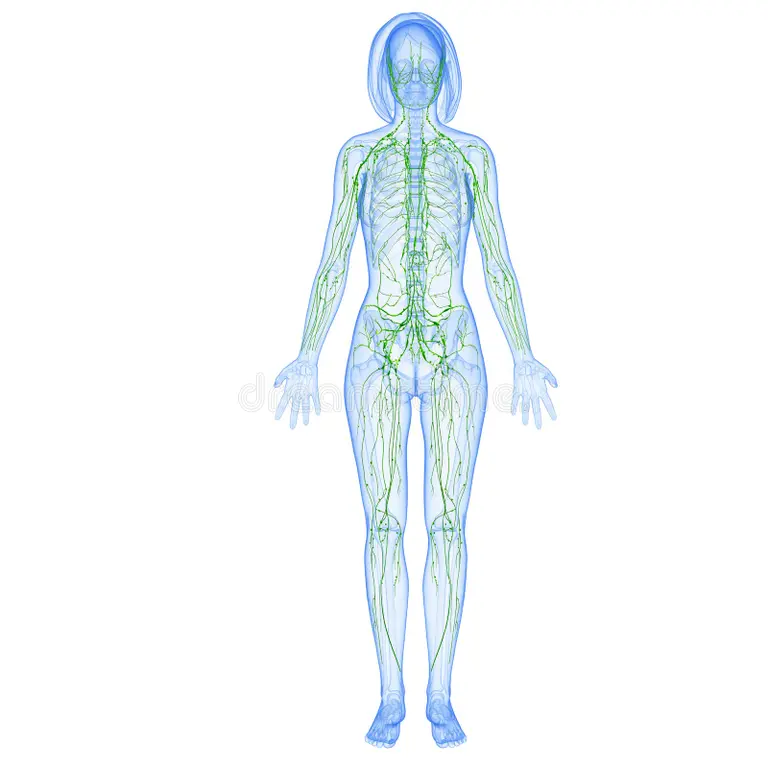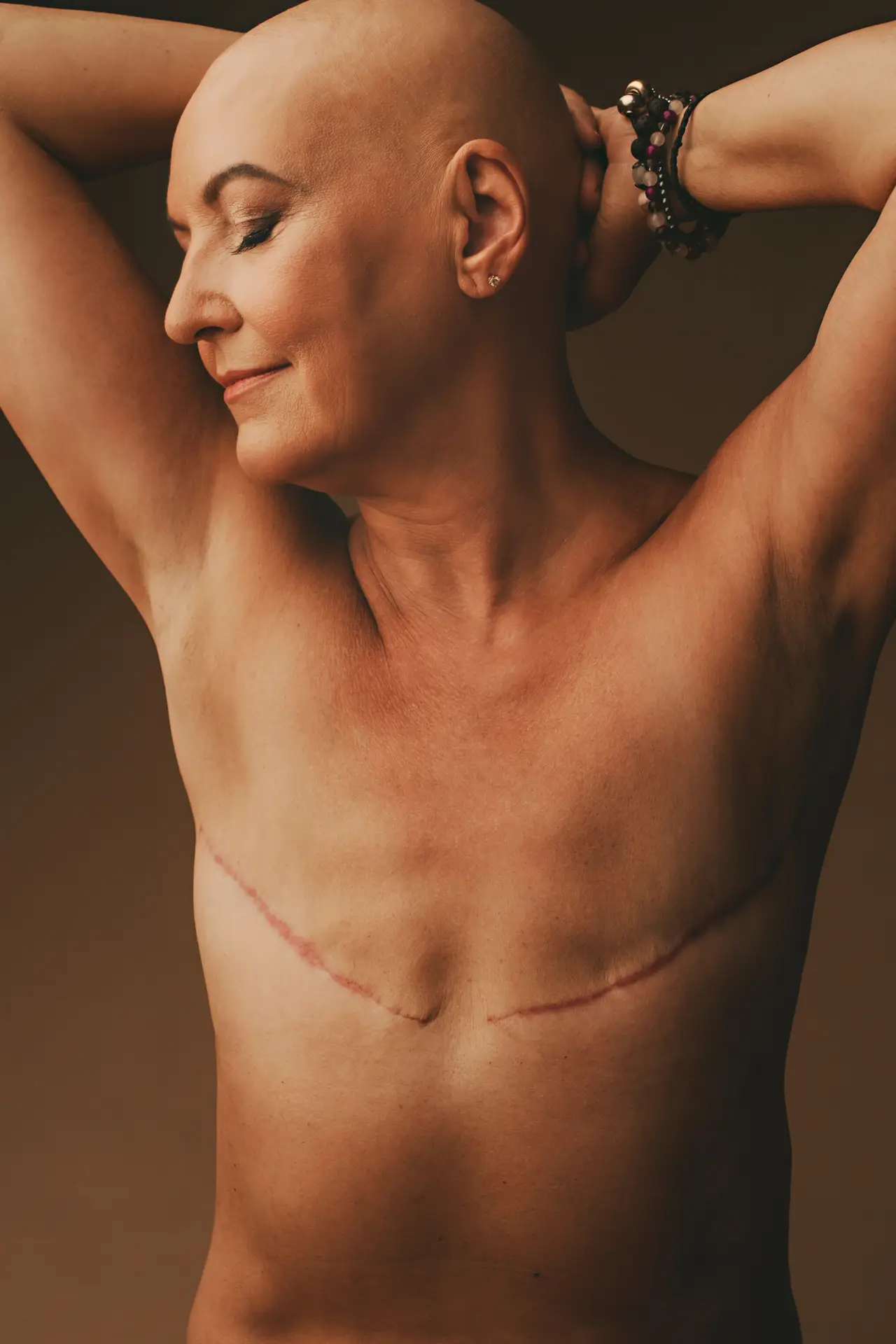Breast cancer is more than a medical condition; it’s a life-altering journey that indelibly marks the body and the soul. As a breast cancer survivor who chose aesthetic flat closure (AFC), I’ve learned the profound importance of a surgeon’s understanding and empathy.
I understand that surgeons are trained to dissect, diagnose, and even disconnect. Your workload is large. I am just one of several patients you’ll see in a day, or operate on in a week. What I ask is that you always remember, that the patient sitting across from you, or laying on your OR table is a woman. A woman with a lifestyle, desires, fears and an intricate life journey tangled with this dreaded disease.
This woman in your clinic has a name, a closet of clothing she adores, or a perfume scent that makes her feel alive. She spends evenings in intimate dinners or hectic family chaos, she may balance work and caring for her children or might pencil on her eyebrows every morning as an act of self-love. This is the woman who comes to you, whole in her humanity, unwhole in her health, looking to you for guidance and care. Please understand, that seeing us as more than patients with a potentially life-threatening disease isn’t just kind, but crucial for the optimal treatment pathway.
Each surgical consultation, each treatment option, each word starts echoing in our minds. We are terrified for our lives. Worried we won’t see our children grow up. Uncertain of how our body will look after this surgery. So please, speak with compassion and patience, lay down all the options before her fully aware of her lifestyle, her desires. Know that your words have the power to comfort, or shatter our spirit.
I recall vividly the day of my biopsy and my initial surgical triage. It was two days before my birthday. I was terrified of the procedure. I was alone because COVID protocols meant that my husband could not accompany me to my appointment. The surgeon I saw that day (a stand-in for my final surgeon) bruskly examined me, and quickly dashed any hope I clung to, telling me that I would require a mastectomy, likely followed by chemotherapy and radiation. He brushed aside my fears about the biopsy by saying people “tolerate it well.” Then he breezed out of the examination room, but not before throwing out a “happy birthday” over his shoulder.
Please be patient with our questions, our fears, and even our silence. We are bewildered, confused, terrified. Our hands are cold. Our heart is racing. Blood is pounding in our ears. This is beyond you, but we need a hug in the worst way.
We know you are busy and carrying a heavy caseload. For you, this surgery is quite routine. It’s about using your skill to eliminate the cancer from our bodies. But for us, this is the rest of our life and our body. One we hope we’ll occupy for many years ahead.
I often think I won the lottery with my surgeon. He took the time to listen to me, to understand my lifestyle. He called me back personally when I had a question. He showed respect for my self-esteem and supported my wish for both a double mastectomy and aesthetic flat closure. I didn’t have to beg or argue my case. I was not refused the right to exercise an opinion over my own body. I detailed my journey in my book Flat Please.
I believe every woman deserves that same understanding and care when facing a mastectomy.
Reconstructing one’s life after mastectomy is like trying to paint on a canvas that’s not only changed its texture but its shape. The role a surgeon plays is far more than the time spent in the operating theatre. Your patient must carry on. She must look at herself in the mirror of a fitting room while trying on clothes. She may stand under the shower with her eyes closed. She may hide her disfigured body from her partner’s gaze.
While my surgeon did not challenge or question my decision to remain flat and opt against breast mound reconstruction, that is not the case for all women. I have heard stories from women who had their surgeon refuse to remove the healthy breast overruling the woman’s preference. Some medical professionals question a woman’s stated preference to remain flat. They’ll express concerns we will change our minds in time. Please be assured, we don’t come to this decision lightly or without doing our research. We are grown women who do not need to be coddled, protected or second-guessed. I have never once regretted the decisions I made.
My plea to all surgeons is to be sensitive to the self-esteem of the woman sitting across from you in your office. She may be a woman who prides herself on her body or perhaps her self-esteem is interwoven with other facets of her life. But let’s not mince words, losing a part of her body will impact her, physically and emotionally. Respect her voice and know she needs to be part of the decision-making, whether she chooses breast mound reconstruction or an aesthetic flat closure.
In the intricate world of a disease as formidable as breast cancer, know that the abilty to show empathy is light in a dark room. We are more than the margins at stake in the surgical suite. Our lives stretch far beyond your clinic doors and each decision made within its confines reverberates deeply through our realities. And in this uncertain journey, your understanding of our lifestyle, wishes, and self-esteem becomes not just our comfort, but our strength. To you, she may be a patient, but for her, this could be the most defining journey of her life.




